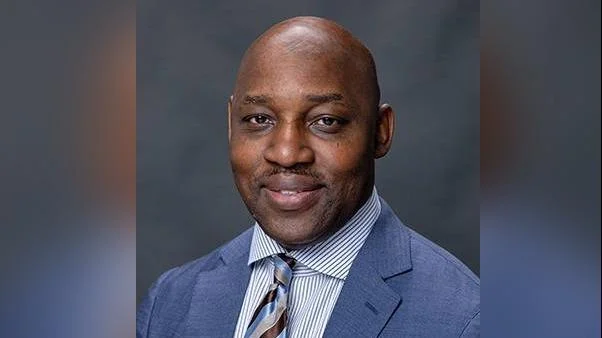Art Malloy Vice President for Student Affairs | University of North Dakota
Art Malloy Vice President for Student Affairs | University of North Dakota
An article by Mark Rerick, an assistant professor of Kinesiology, published on March 19 in The Conversation, examines the rising prevalence of high school athletes choosing to join private club teams instead of their school teams. Rerick discusses how this trend affects sports at the high school level, emphasizing the importance of developing character and life skills through school-based athletics.
The article highlights the perception that schools have a broader focus on character development, which can benefit the majority of student-athletes who will not continue with organized sports beyond high school. "Since the vast majority of student-athletes won’t play in organized leagues beyond high school, that’s where I believe the schools’ focus should be," Rerick writes.
Rerick, with experience as a former K-12 director of athletics and a parent of young athletes, conducted unpublished research indicating that emphasizing fun and the social aspects of sports can encourage more students to continue playing sports in high school.
The rise of private clubs began in the 1980s due in part to funding cuts under President Ronald Reagan, which impacted local parks and school physical education programs. The resulting gap was filled by private clubs and leagues, which prioritized competition and elite training. This has contributed to a growing youth sports market, now estimated at $40 billion in 2024 compared to $10 billion in 2010.
However, Rerick notes that approximately only 7% of adolescent athletes reach collegiate levels. This statistic suggests schools should focus on life skills over competitive success: "Knowing that 93% of high school athletes will end their competitive careers at graduation, I believe it’s important that school administrators place a premium on running athletic programs that focus on building skills they’ll need as adults instead of just winning games."
His research identified fun, social interaction, and staying active as primary reasons students play sports, while dissatisfaction often comes from coach relationships and lack of enjoyment. Rerick suggests implementing various strategies to enhance student experience and retention in high school sports programs. These include emphasizing character and life skills for all participants, encouraging fun and growth, and gathering feedback to improve coach evaluations.
The und.edu website offers further resources and publishing opportunities for University of North Dakota scholars interested in contributing to The Conversation.


 Alerts Sign-up
Alerts Sign-up